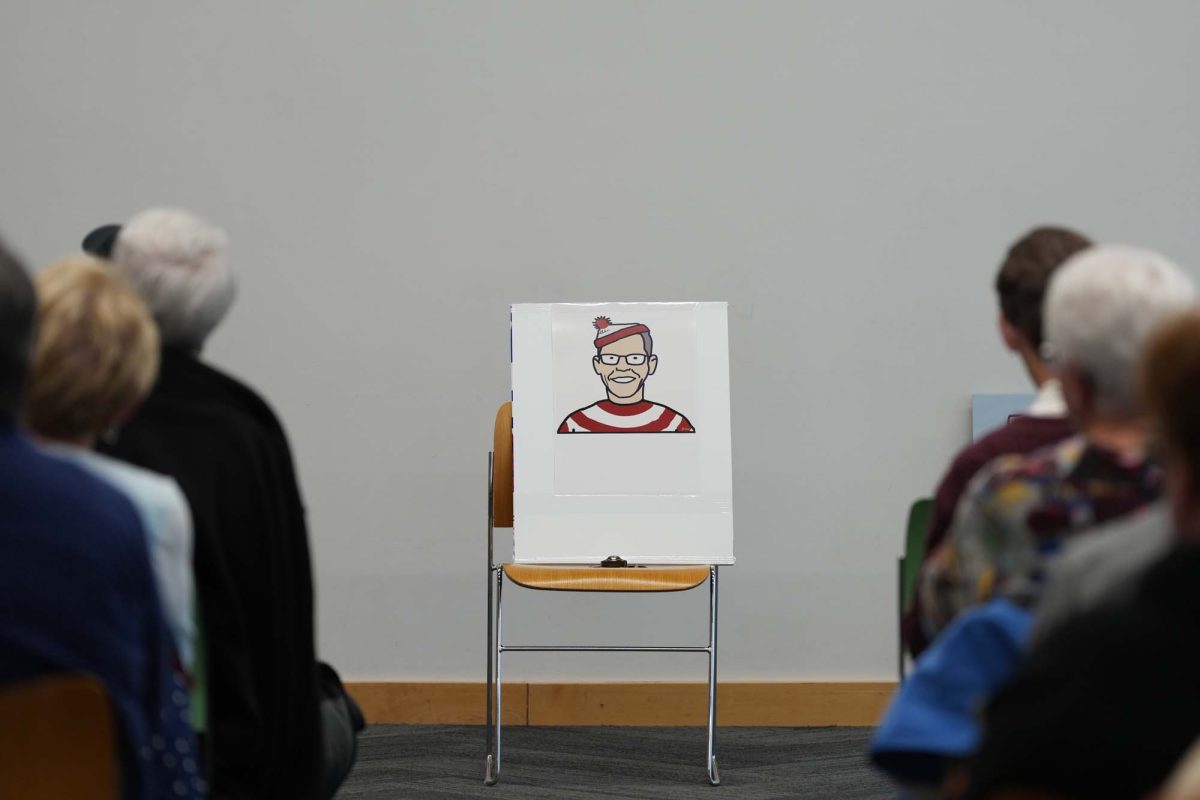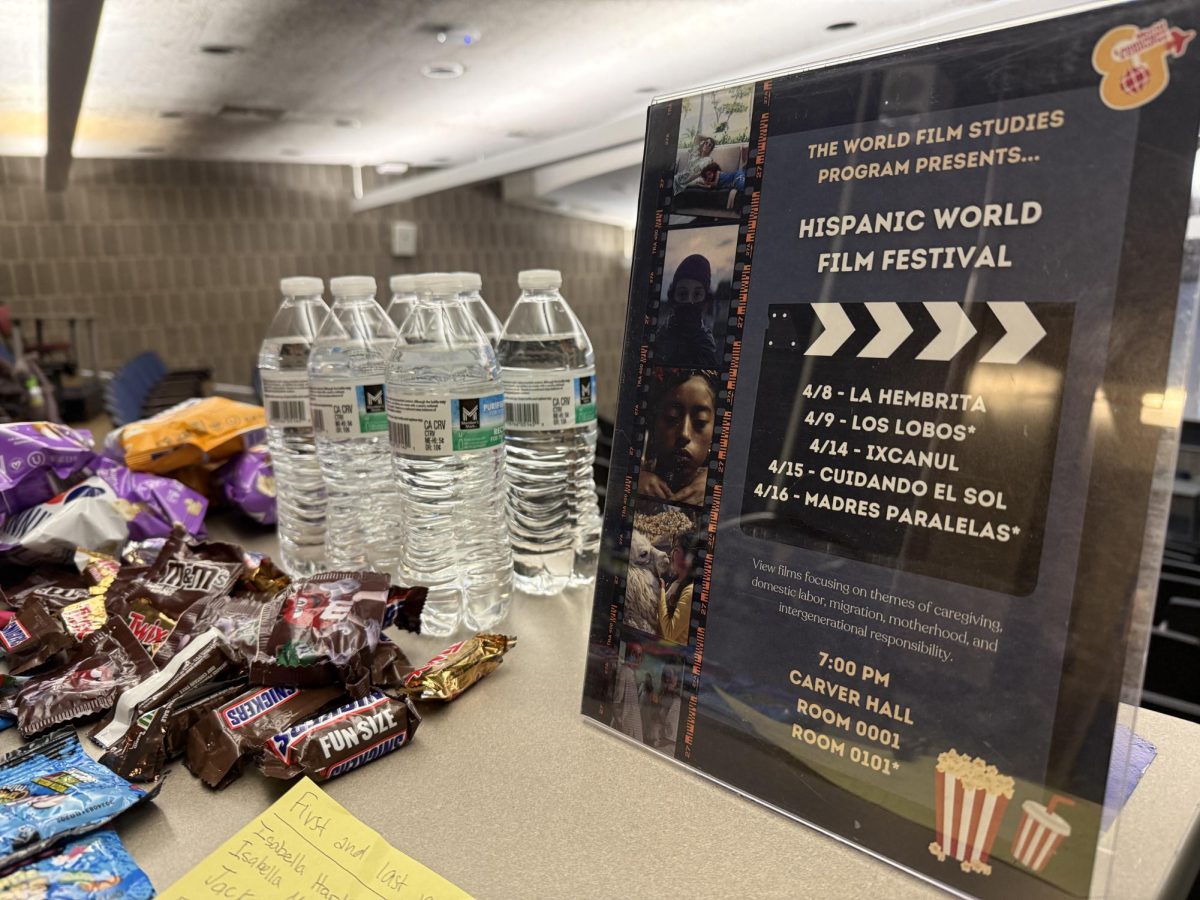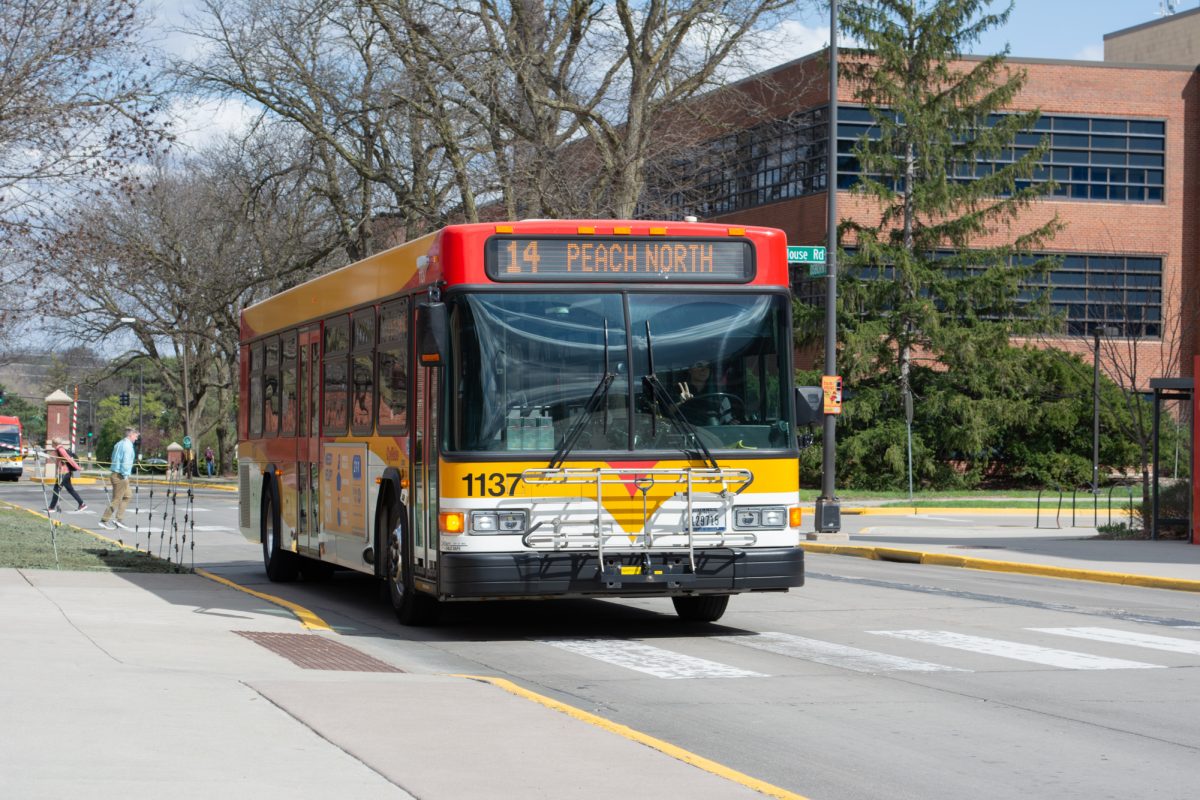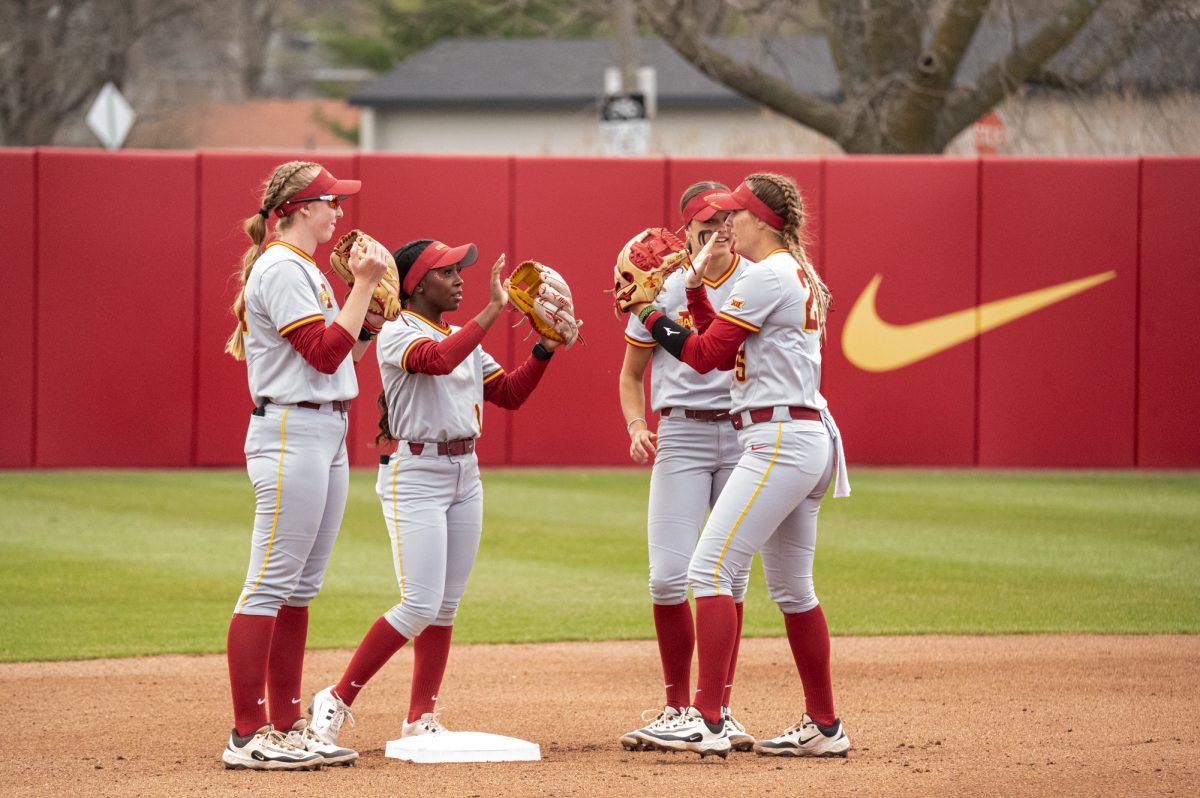Espitia: Finishing first
August 29, 2018
Hope is not lost. Contrary to the adversity faced, first-generation students aren’t doomed to drop out.
Jessica Stevens, fall 2017 graduate of Iowa State, received her bachelor’s in psychology with a minor in exercise science. Stevens proudly says she is the first in her family to graduate with a degree, but not without her share of hardships.
Stevens recalls the hardships she faced during her undergraduate career. After transferring from a community college in a spring semester, the initial adjustment to a university campus was difficult. When she turned to her support group, there were feelings of being disconnected. Stevens says it took a while for them to fully understand the workload.
She plans to attend St. Ambrose University in Davenport, Iowa for a Ph.D. in occupational therapy. At one point in her undergraduate career, Stevens almost gave up on attending graduate school, not thinking she stood out enough and feeling “too average” to get accepted.
Stevens doesn’t see the label as a crutch. But, even after attaining an undergraduate or graduate degree, the question, ‘can I still do this?’ plagues the minds of first-generation students. For students who go on to pursue graduate degrees, the pattern repeats and freshly imprints upon their minds. For those who start careers, leaving their community continues to evoke an emotional response.
According to Kenyatta Shamburger, when first-generation students graduate and “make it,” they still jump the next hurdle that was like their undergraduate experience. A successful career is in the mind of every college graduate, but for first-generation students, feelings of guilt hinder that dream.
“‘Can I do this?’ Continues to surface even years after they graduate,’” Shamburger said. “There are times with academic accomplishments, that parents who did not attend college, might not understand the prestige or honor to match the excitement.”
Like Stevens, first-generation students have many things of which to be proud of. Both Katie Seifert and Shamburger compliment the resilience and fortitude shown by this population. Entering a seemingly new reality forces a new kind of responsibility. They are hard workers, going against odds to prove that they are a force with which to be reckoned.
“A lot of scholars write about first-gen students in a negative tone,” Seifert says. “These students have lots of assets and strength that other students may not have. They are able to cross between cultures and use the challenges and trauma in their lives to propel themselves forward.”
First-generation students exist at every university. Attending school, improving their situation and finally being able to tell their family, “I did it.”
But, the invisible struggles exist and are very real to these students. Others may not understand what those struggles mean, but college can be one of the biggest hurdles of their lives. These students try to defy statistics, conquering the mountain of higher education. Even with the pile of information that pit these students against the education system, they leave an important mark. They continue to shine as dreamers.







